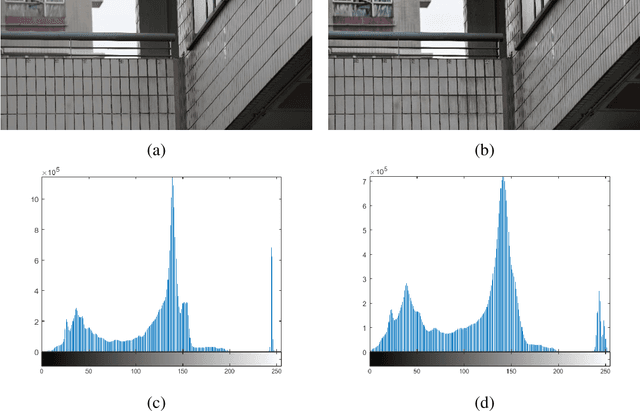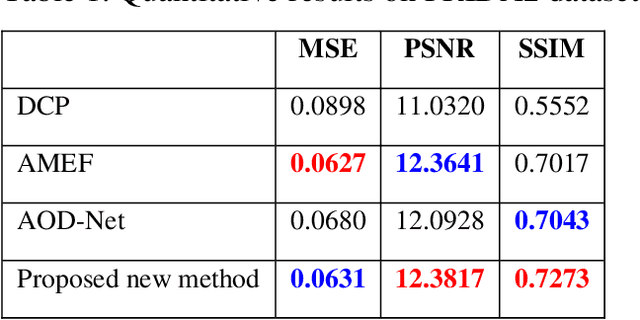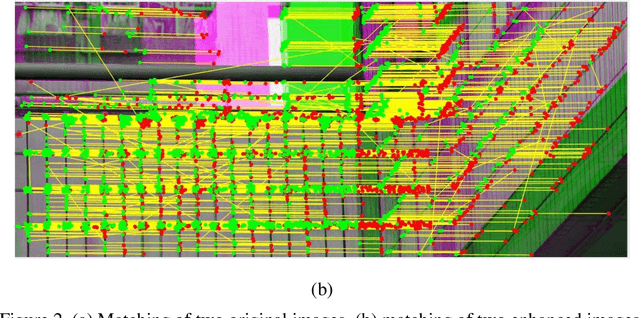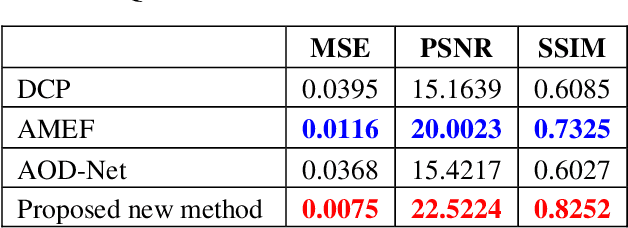3D modelling of survey scene from images enhanced with a multi-exposure fusion
Paper and Code
Nov 10, 2021



In current practice, scene survey is carried out by workers using total stations. The method has high accuracy, but it incurs high costs if continuous monitoring is needed. Techniques based on photogrammetry, with the relatively cheaper digital cameras, have gained wide applications in many fields. Besides point measurement, photogrammetry can also create a three-dimensional (3D) model of the scene. Accurate 3D model reconstruction depends on high quality images. Degraded images will result in large errors in the reconstructed 3D model. In this paper, we propose a method that can be used to improve the visibility of the images, and eventually reduce the errors of the 3D scene model. The idea is inspired by image dehazing. Each original image is first transformed into multiple exposure images by means of gamma-correction operations and adaptive histogram equalization. The transformed images are analyzed by the computation of the local binary patterns. The image is then enhanced, with each pixel generated from the set of transformed image pixels weighted by a function of the local pattern feature and image saturation. Performance evaluation has been performed on benchmark image dehazing datasets. Experimentations have been carried out on outdoor and indoor surveys. Our analysis finds that the method works on different types of degradation that exist in both outdoor and indoor images. When fed into the photogrammetry software, the enhanced images can reconstruct 3D scene models with sub-millimeter mean errors.
 Add to Chrome
Add to Chrome Add to Firefox
Add to Firefox Add to Edge
Add to Edge